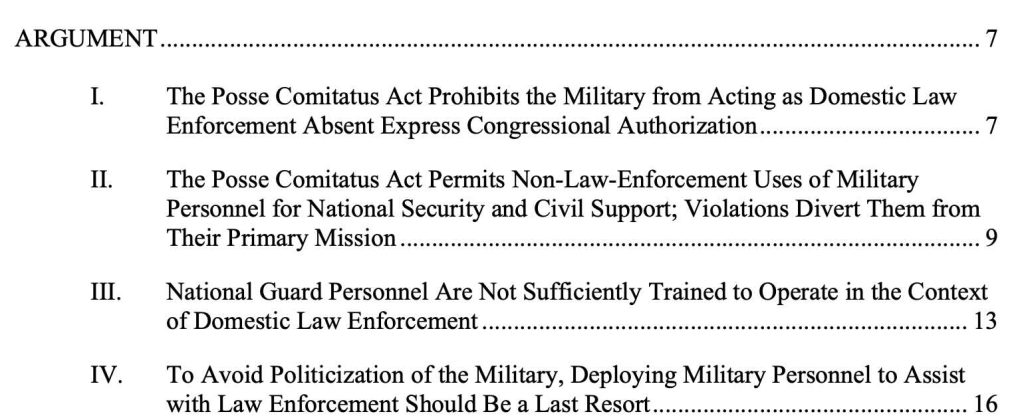The saga of Mike Miske’s fortune continues to unfold at a snail’s pace.
Nine months after the federal government filed a civil forfeiture lawsuit, the question of who will get the property of late-business owner and convicted racketeering boss remains in legal limbo with little progress publicly reported to date.
Following Miske’s conviction after a 6-month trial last year, a jury found that 27 itemized peroperties, including real estate, cash and cashier’s checks, vintage cars, and art work should be forfeited to the government because they constitutedz or were obtained with proceeds of Miske’s racketeering activities. Miske’s properties have previously been estimated to be worth at least $11 million, and perhaps as much at $25 million. The largest single asset is the
8,206 square foot luxury home on most of an acre overlooking the ocean in Portlack.
However, the entire case, including the indictment, convictions, and forfeiture, were vacated following Miske’s death in Honolulu’s Federal Detention Center last December while awaiting sentencing under the legal doctrine of abatement ab initio. As a result, the civil forfeiture lawsuit was filed in order to reclaim the property that had been awarded to the government by the jury.
After the case was filed, the trustees of Miske’s personal trust filed their own claim on the assets, and three lenders entered the case seeking amounts to cover unpaid mortgage loans. Of the three, Bank of Hawaii appears to have the most exposure.
Then in late June, the parties disclosed an agreement to pursue a negotiated settlement that would avoid the expense of another protracted trial in which the government would again have to prove these properties were products of Miske’s criminal enterprise. Instead, they agreed to enter into settlement negotiations with Miske’s trust in order to seek a division of assets that would pay off the the outstanding mortgage debts, and then split the remaining assets and cash between the government and Miske’s trust.
All parties said they needed more time, and agreed to a five-month delay in the case to allow negotiations to move forward. If the stipulated delay ends in late November as scheduled, a scheduling conferece will be held before Magistrate Judge Kenneth Mansfield on December 1 to set deadlines for each of the remaining parts of the process, up to and including a trial in the unlikely event no agreement can be reached between the parties.
The parties have filed monthly status reports, the first in July. In each, the operating phrase for the status of discussions with the lenders, and discussions between the government and the Miske trust, has been simple: “Those discussions are ongoing.”
In the most recent update, filed in court on October 9, attorneys report they have “have begun discussions to schedule an initial settlement conference.”
But, again–“Those discussions are ongoing.”

